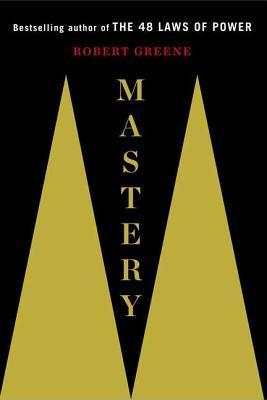Compared to other animals, we humans enter the world remarkably weak and helpless. We remain relatively weak for many years before we can truly operate on our own. This extended period of immaturity, lasting some twelve to eighteen years, serves a valuable function: it gives us a chance to focus on developing our brain—by far the most important weapon in the human arsenal. But this prolonged childhood comes with a price. During this time of weakness and dependency, we experience the need to idealize our parents. Our survival depends on their strength and reliability. To think of them as having
Compared to other animals, we humans enter the world remarkably weak and helpless. We remain relatively weak for many years before we can truly operate on our own. This extended period of immaturity, lasting some twelve to eighteen years, serves a valuable function: it gives us a chance to focus on developing our brain—by far the most important weapon in the human arsenal. But this prolonged childhood comes with a price. During this time of weakness and dependency, we experience the need to idealize our parents. Our survival depends on their strength and reliability. To think of them as having their own frailties would fill us with unbearable anxiety. And so we inevitably see them as stronger, more capable, and more selfless than they are in reality. We come to view their actions through the lens of our needs, and so they become extensions of ourselves. During this long period of immaturity, we often transfer these idealizations and distortions to teachers and friends, projecting onto them what we want and need to see. Our view of people becomes saturated with various emotions—worship, admiration, love, need, anger. Then inevitably, often in adolescence, we start to glimpse a less-than-noble side to many people, including our parents, and we cannot help but feel upset at the disparity between what we had imagined and the reality. In our disappointment, we tend to exaggerate their negative qualities, much as we once had exaggerated the positive ones. If we had been forced e...
...more
This highlight has been truncated due to consecutive passage length restrictions.


